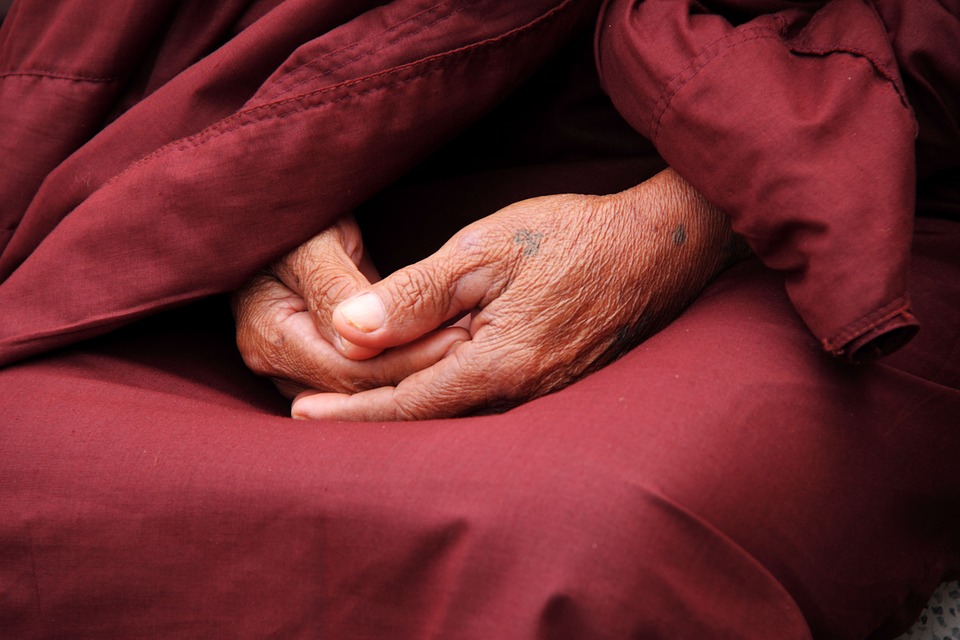“The essence of religion is to testify unto that which the Lord hath revealed and follow that which He hath ordained in His mighty Book.”
– Baháʼí Faith
In this article, we shall learn about the world’s newest independent global belief system and its ordinances.
Baháʼí Faith
We have heard of Christianity, Hinduism, Islam and Buddhism. But what about the Baháʼí Faith?
The Baháʼí Faith is considered as the world’s newest religion and consists of fascinating religious theories. It was established in the 19th century in Iraq by Baháʼu’lláh and is based on teaching the importance of all regions and people’s unity. According to this religion, there is a single and omnipotent God and all the founders and leaders of the world’s significant religions represent the manifestations of this powerful God. For example, Jesus, Muhammad and Buddha are believed to be the agents of the divinity. Baháʼu’lláh, one of the central figures of Baháʼí Faith is also thought to be an agent of God as he faced imprisonment and was executed like many other prophets.

Baháʼí laws
The Baháʼí laws refer to the rules and regulations that govern the lives of the devotees. These ordinances were extracted from the sacred texts of Baháʼu’lláh called the Kitáb-i-Aqdas.
Below you will find the Baháʼí laws concerning the different aspects of life:
-
Prayer
Prayer is seen as one of the essential elements of the Baháʼí Faith and all followers are supposed to pray daily. The objective of prayers is to get closer to God and ask for God’s divine intervention in our lives. The Baháʼí Faith usually has two types of prayers, the obligatory prayer and the general or devotional one.
The obligatory prayers are fixed prayers that Baháʼu’lláh previously prescribed and that should be said daily. While reciting the prayers, Baháʼís must face the Qiblih. Only women who are menstruating or those who are sick or in danger can be exempted from performing the obligatory prayers.
Compared to the obligatory prayers, the devotional or general ones do not have fixed forms. Devotees can also read sacred scripture and meditate as well.
-
Fasting
The Baháʼí fast consists of a nineteen-day period one where followers are supposed to abstain from eating and drinking from sunrise to sunset for nineteen consecutive days. The fasting period typically starts from March 2 to March 20. The primary purpose of this fasting is to revitalize the soul and bring a person closer to God. The nineteen-day fasting is compulsory for men and women who are 15 years old or above. However, exceptions are allowed only for travelling, sick, pregnant, menstruating or engaged in heavy work.
-
Marriage and Family
According to Baháʼí laws, marriage is recommended but not compulsory. A marriage is considered as a form of assistance to an individual which can also benefit the society. The purpose of a marriage is to foster unity and love between two individuals. A Baháʼí marriage requires the two individuals to be over the age of 15 and should be based on the couple’s consent and their families. Sexuality is seen as a normal subject and something which is permitted between married couples. However, Baháʼí laws prohibit sexual relationships outside of marriage or homosexual and polygamous marriages. Even though divorce is also discouraged but is permitted and granted if the couple is unable to come to terms with their differences.
Furthermore, Baháʼí laws expect parents to teach their children to be moral and religious. Parents are also expected to provide all their children with an education. On the other hand, children are supposed to obey and honour their parents as indirectly it is seen as obeying God.
-
Inheritance
According to the Baháʼí laws, when it comes to inheritance, one should always write a will. However, in the case of intestacy, where the person died without leaving behind a legal will, the Kitáb-i-Aqdas provides a system of inheritance distribution among seven categories of heirs: children, spouse, father, mother, brothers, sisters, and teachers and the one at the higher category receive the largest share. In some exceptional cases where some categories of heirs do not exist, part of the inheritance goes to the children and the other part to a Local Spiritual Assembly.
-
Alcohol, Drugs and Smoking
Both alcohol and drugs are forbidden in the Baháʼí Faith as it is believed that God has given human beings reasoning and intoxicants take that away. In addition, devotees are not supposed to work in places that involve the manufacturing of alcohol or in the drug trade. Compared to alcohol and drugs, smoking is not forbidden but only discouraged.
-
Backbiting and Gossip
Both gossip and backbiting are strictly forbidden as per the Baháʼí laws. Did you know that in the Baháʼí Faith, backbiting is considered the greatest sin?
The Baháʼí laws also consist of other regulations concerning murders, thefts, adultery and so on. What is your opinion on the above religious laws? Please share your comments!

